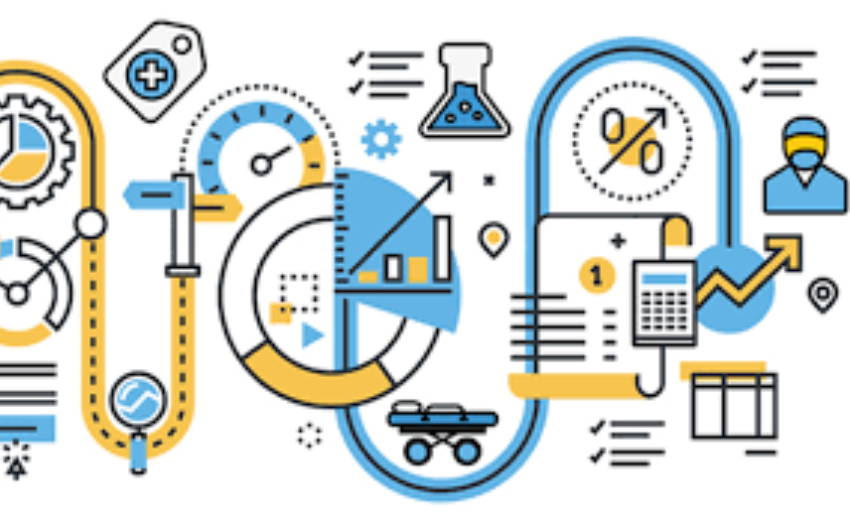This is an excerpt of the publication “Data-Driven Health Care (DDHC)”, with the title above, focusing on the topic in question.
Infosys
Venky Ananth, and Lakshmi Prabha M
2019
Edited by
Joaquim Cardoso MSc.
Health Revolution Institute
Data Health Unit
June 27, 2022
Data-centric business models and partnerships
The clear benefits of data analysis in health care are causing a gold rush for access to the right data.
Organizations that can most successfully capture and analyze data will be more competitive and effective.
But getting access to the right data is not easy. Data-oriented partnerships and collaborations are emerging in the industry so that organizations can get the best data.
In 2018, Roche acquired Flatiron Health, a market leader in oncology-specific electronic health record (EHR) software.
Flatiron curated and developed real-world evidence for cancer research.[14] Pfizer collaborated with Flatiron Health to use real-world data when it applied for FDA approval for its drug Ibrance.
It worked. Ibrance is one of several cancer drugs approved because of EHR and other data, as opposed to FDA applications relying only on clinical studies.
The FDA’s move to include real-world evidence and not just clinical trials in granting approvals is noteworthy,[15] but so too is the fact that competitors (Roche and Pfizer) teamed up in data-oriented alliances.
Big tech companies are also partnering with industry incumbents and startups in the health care industry.
Aetna, a CVS Health company, launched the unique health experience ATTAIN in collaboration with Apple.
Aetna members can use an Apple watch with the ATTAIN app to track actions and receive rewards for activities that improve well-being.[16]
These partnerships also present increased business opportunities for manufacturers of wearable devices to collaborate with insurance companies in developing healthy lifestyles with a focus on prevention.
Marketplaces for anonymous data have also emerged.
HealthVerity Marketplace is a cloud-based platform that customers can use to browse and license data from over 50 billion anonymized transactions from more than 330 million U.S. patients.
Their customers include pharmaceutical manufacturers, hospitals, payers and retail pharmacies.[17]
People can also donate their data for research.
In late 2018, researchers at Stanford Medicine, in collaboration with Apple, launched a study to determine whether wearable technology could identify irregular heart rhythms that suggest atrial fibrillation.
Over 400,000 people voluntarily enrolled to join the study.[18]
About the authors
Venky Ananth
Senior Vice President — Infosys
Lakshmi Prabha M
Infosys Knowledge Institute
References and additional information
See the original publication.
Originally published at https://www.infosys.com












